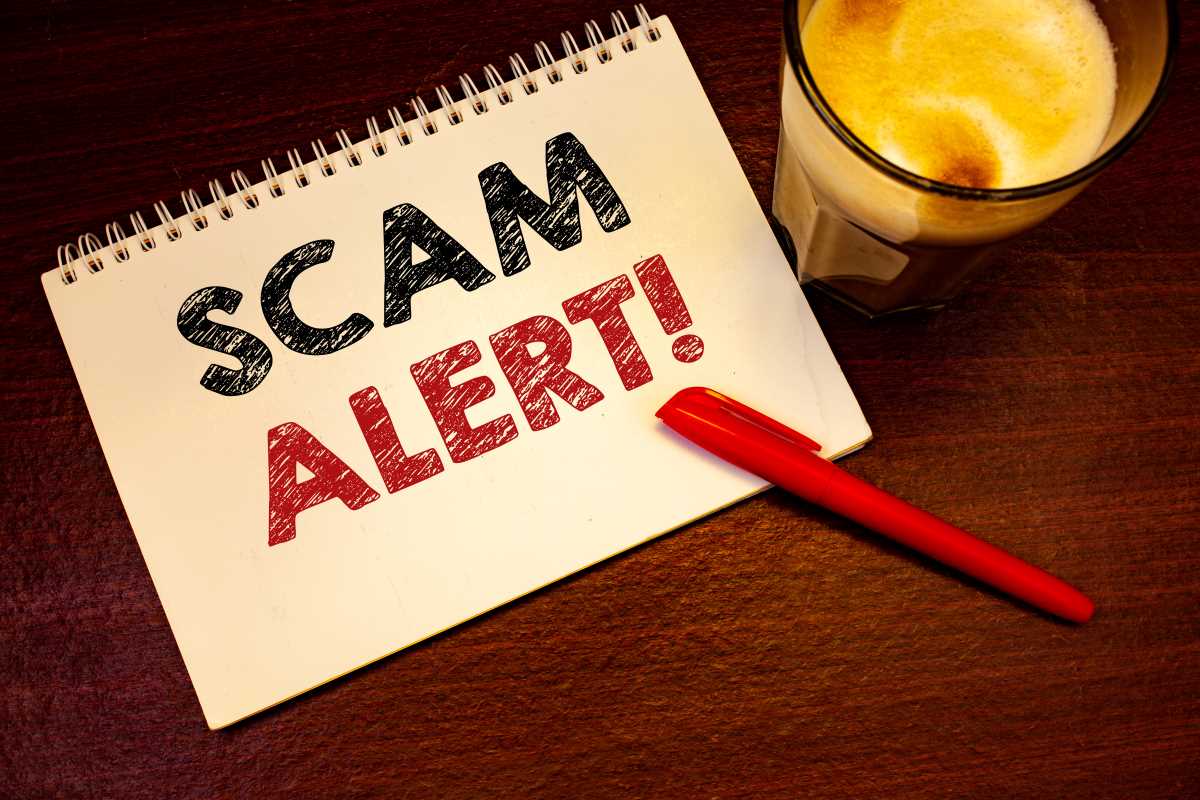
Scammers have long impersonated government officials and agencies to trick victims into giving up money or personal information. Now, they’re targeting business owners and confusing them into giving up their information.
How the scam works
You receive a letter in the mail that looks very official. It claims to come from a government agency or department, like the United States Business Regulations Department or the Department of Records Management. It’s addressed to the business and has a notice ID number. Scammers combine personal information collected from data breaches with official-looking seals and watermarks to make the correspondence seem legitimate.
The letter may inform you of various things, such as “reporting obligations under the Corporate Transparency Act,” or “a federal filing requirement in accordance with recent legislation enacted to combat financial crimes.” The letter claims you must report ownership information to the Financial Crimes Enforcement Network or another government agency or department. You might be asked to visit a website or scan a QR code to report your information, and the letter might also state that you will be charged large fines and major consequences if you do not comply.
In a recent Scam Tracker report, a consumer shared they received, “An official looking letter that is from the “United States Business Regulations Department” stating that you need to comply with a federal filing requirement. They tell you to go to an unsecured website or follow a QR code that takes you to the same unsecured website. They mention fines for non-compliance.”
In another report, someone shared, “I received a letter requesting my mandatory filing of my business with the Department of Records Management, Business Filing Divison. Upon searching the website to “file” I stumbled upon a BBB report from another business owner. The letter I received has the same contact phone number, email and web address, as well as siting a QR code on the letter.”
If you receive a letter like this, report it to BBB Scam Tracker and disregard it.
How to avoid government impostor scams
- Always verify correspondence with government agencies. If you receive a piece of mail or a call that seems suspicious, take a step back and ensure it’s legitimate before taking action. Call the government office directly, using the official phone number, to verify if the communications are real.
- Look for grammar, spelling, and formatting errors in emails and mailings. If a letter or email you receive has grammar mistakes, spelling errors, or strange formatting and logos, these could be red flags for a scam.
- Look for secure websites, even when scanning QR codes. Always check to make sure a website is secure by looking for the “https://” before a web address. Scanning QR codes is an easy way to access a website, but don’t let your guard down and always check the URL. Remember that official government websites end in .gov. Read BBB’s tip on how to identify a fake website.
- Don’t engage with scammers. As soon as you know you are dealing with a scammer, cease communication. Stop answering calls, letters, or emails, and block any numbers that have called you about the scam.
- Report government impostor scams to the FBI. Help the Federal Bureau of Investigation catch scammers by reporting your experience to ic3.gov.

